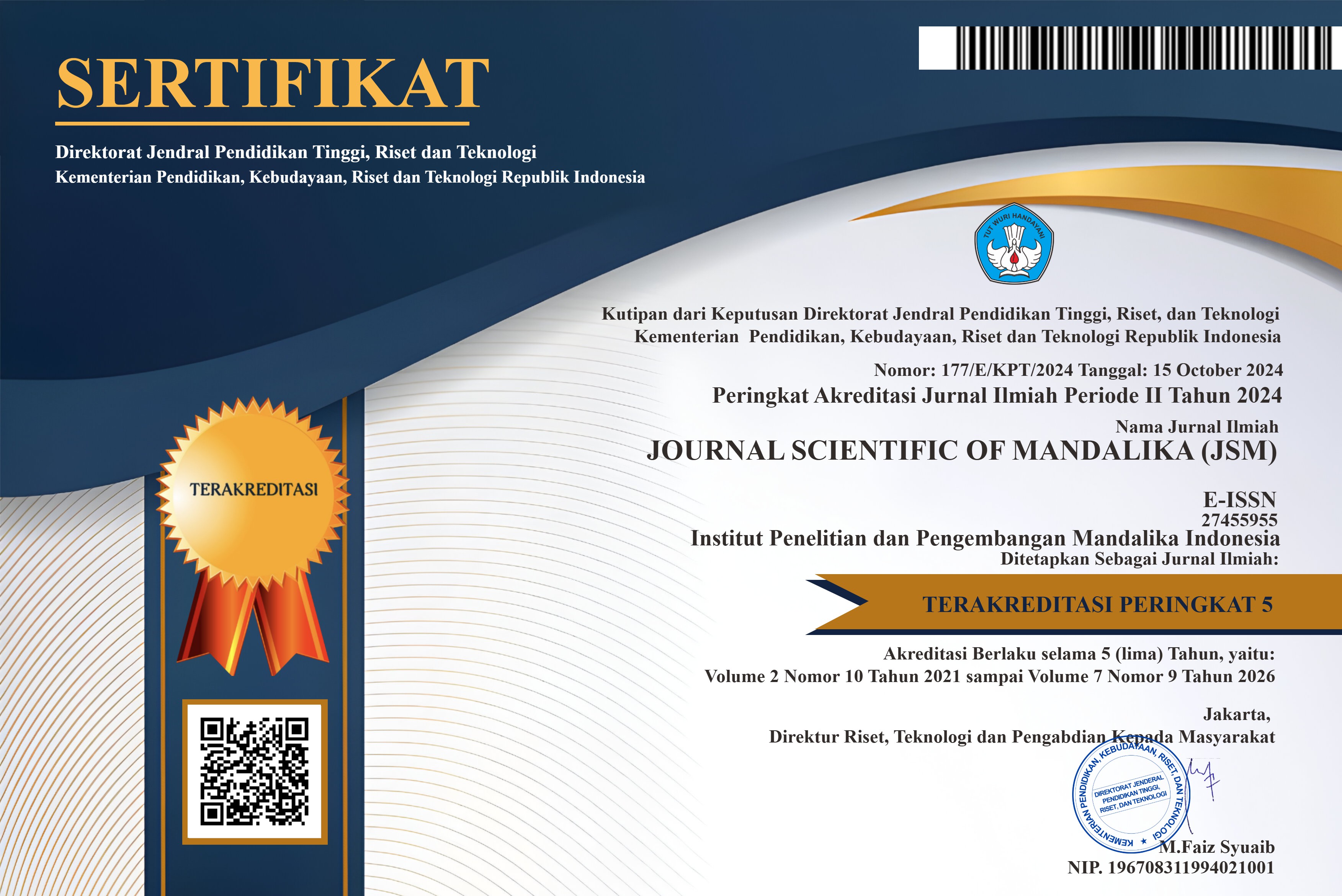Analisis Yurisdiksi Kewenangan Pengadilan Militer Mengadili Tindak Pidana Korupsi yang Dilakukan TNI
Abstract
Article 9 Paragraph (1) of Law No. 31 of 1997 concerning Military Justice states that the military justice system has the authority to try criminal acts committed by a person who at the time of committing the crime, firstly because the subject is indeed a soldier; secondly because the subject can be equated by law as a soldier, and thirdly can also be a civilian because the decision of the Commander in Chief with the approval of the Minister of Justice must be tried by a Court within the military justice system. Meanwhile, in Article 5 and Article 6 of Law No. 46 of 2009 concerning the Corruption Court, the Corruption Court states that the corruption court is the only court that has the authority to examine, try, and decide on corruption cases whose prosecution is submitted by the public prosecutor and is emphasized in Article 6 of the Corruption Court Law that the corruption court in its authority examines, tries, and decides on special cases in corruption cases; money laundering crimes whose original crime is a corruption crime; and/or crimes that are expressly determined in other laws as corruption crimes. Looking at the provisions of the formulation of the two articles, it is not impossible that there could be a clash of authority if a TNI member commits a criminal act of corruption, whether it is the authority of the military court because it looks at it from the subject's side or it is the authority of the corruption court because it looks at it from the side of the crime committed, considering that the two courts are both special in terms of material and formal law. This research is of a normative juridical nature which uses a statutory approach, as well as a conceptual approach, where the results of this study show that if a criminal act of corruption occurs involving the TNI, based on the principle of lex specialis systematica (the specialness of the special), the TNI who commits a criminal act of corruption will still be tried and subject to the military court, and processed in accordance with the procedures in Law No. 31 of 1997 concerning Military Justice.
Copyright (c) 2025 Azis Akbar Ramadhan

This work is licensed under a Creative Commons Attribution-ShareAlike 4.0 International License.













